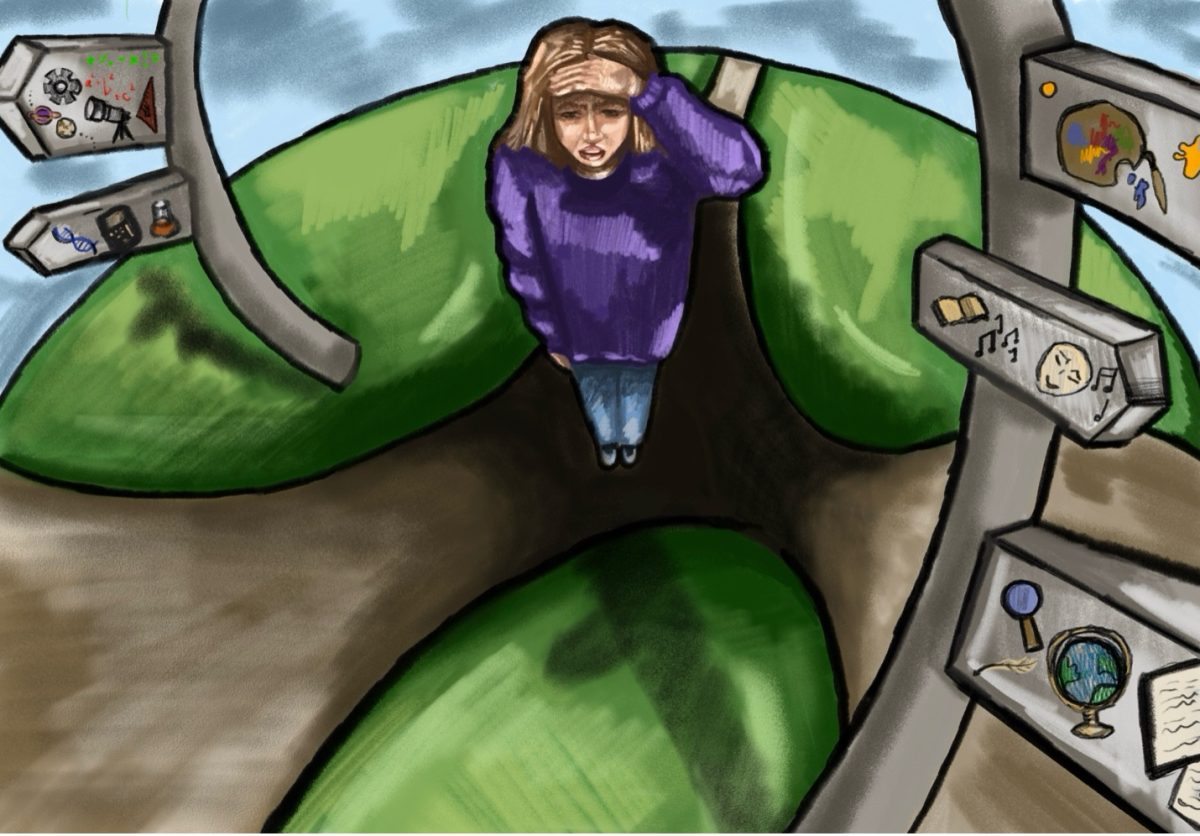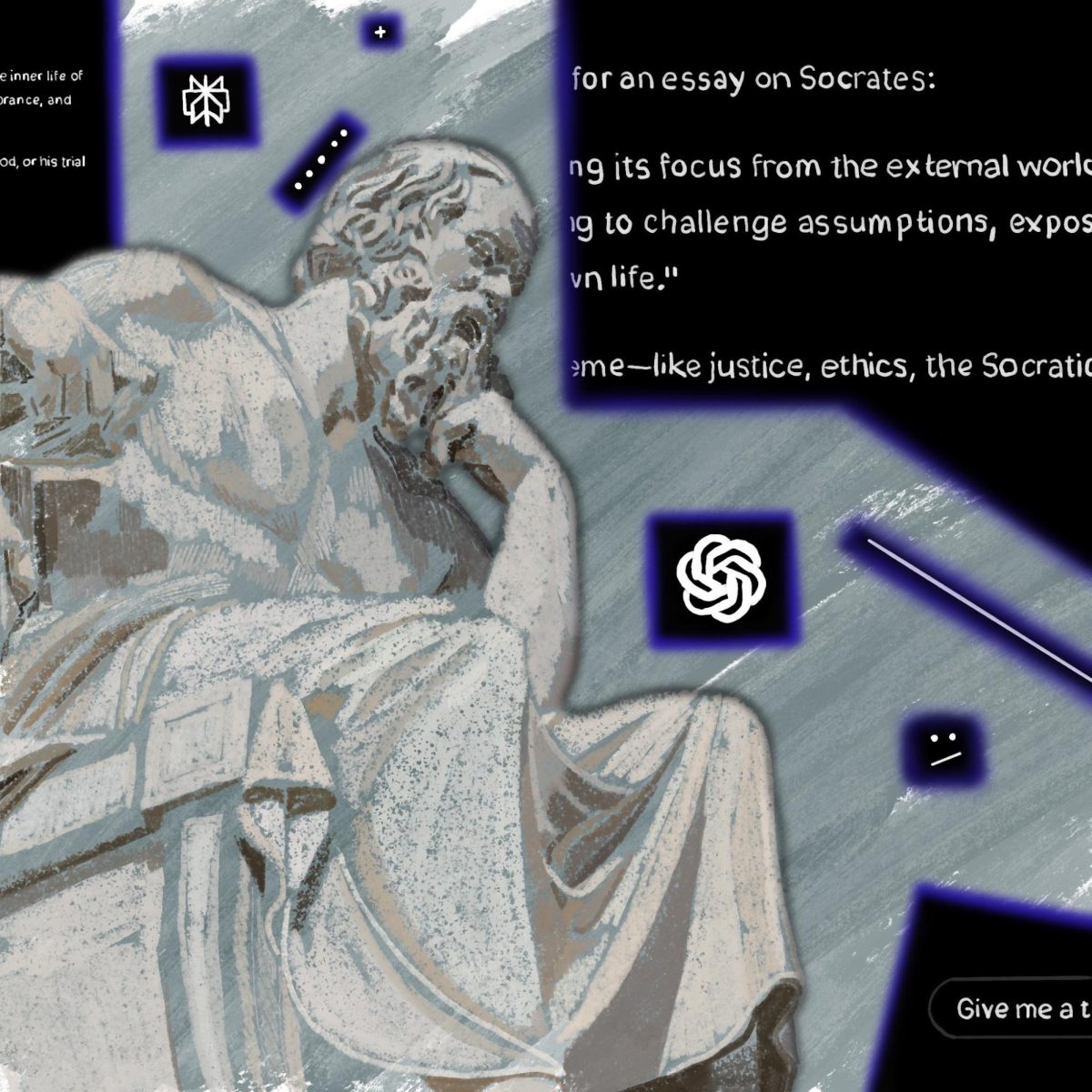January was not a great month for Chicago. There were 42 homicides, making it the deadliest first month in a decade. This has helped fuel the debate over gun control, with proponents of loosened gun restrictions arguing that Chicago’s high murder rate proves that its policies don’t work. Instead, they propose expanding legal access to guns to prevent violent crime because, in theory, criminals would be less likely to attack someone who might be armed. As NRA Executive Vice President Wayne LaPierre said in December in the wake of the Sandy Hook shooting, “The only thing that stops a bad guy with a gun is a good guy with a gun.”
Even though public dialogues about gun control often seem to have a bizarre fixation with “perfect” victims and heroes, the world is not divided into “good guys” and “bad guys.” Sometimes, there are scenarios in which a consensus can be reached about who is the “good guy” or “bad guy.” For example, if an armed robber breaks into your home or if you get mugged by someone with a gun, you’d probably be deemed the “good guy.” However, guns also play a role in more ambiguous situations. A gang member may well find himself in a situation where self-defense is necessary, but he is likely to get little sympathy from law enforcement. Stand-your-ground laws also implicitly endorse the idea that a “good guy with a gun” shouldn’t have to fear any repercussions from defending himself against a “bad guy with a gun,” but as we’ve observed from the Trayvon Martin case, the man who thought he was a “good guy” turned out to be a “bad guy” in the view of the public: George Zimmerman faced substantial outrage for killing Martin, who had not even been armed. By the NRA’s reasoning, Martin would have been justified in being armed since he was at risk of being attacked. But then one could argue that an armed teenager could be seen as a legitimate threat, which would then allow Zimmerman to claim self-defense. It’s quite a catch-22.
Furthermore, notions of who’s a “good guy” or “bad guy” are unfortunately influenced by prevailing stereotypes about race, gender, age, and class. At the recent Senate hearings on gun control measures, activist Gayle Trotter argued in favor of less onerous restrictions on guns on the grounds that “using a firearm with a magazine holding more than 10 rounds of ammunition, a woman would have a fighting chance even against multiple attackers.” However, according to the U.S. Department of Justice, males have made up the vast majority of homicide victims from 1980 to 2008. Nevertheless, it seems that advocating for gun laws that will supposedly enable men to protect themselves doesn’t have quite the same emotional impact. Minorities as well as teenagers and young adults are also overrepresented among homicide victims both in general and specifically with incidents involving guns. The issue, though, is that the set of all homicide perpetrators shares similar demographics with the pool of homicide victims, and so people tend to assume that individuals from those demographics are simply up to no good. These assumptions would probably be compounded if those individuals were armed, even if they had legitimate intentions. (Would you trust an 18-year-old with a gun? I certainly would not.) Hence, even if it’s valid to say that loosened gun restrictions will help make people more safe (which I doubt), the benefits would probably accrue to the people who are least likely to be victims of violence.
The rhetoric about “good guys” and “bad guys” with guns never specifies who gets to decide which group potential gun owners would fall into. Just last week at a Senate hearing, Wayne LaPierre objected to closing loopholes on background checks for gun buyers, saying that “background checks will never be universal because criminals will never submit to them.” So, to LaPierre, it appears that the difference between bad guys and good guys is that bad guys wouldn’t want to submit to background checks because they may not pass, and good guys wouldn’t want to submit either because they feel they shouldn’t have to pass—a painfully slim distinction.
It’s hard to deny that Chicago’s gun control laws are not as effective as one would hope, since criminals are clearly still able to obtain firearms. Nevertheless, that in itself is still poor justification for giving up on such laws in favor of vaguely attempting to level the playing field; there’s no need to make it easier for criminals, or anyone else, to access weapons. Instead of banking on the hope that some kind of cosmic justice will prevail when two people with guns face off against each other, governments still ought to uphold our policies of using easily verified measures—such as criminal background, age, level of training, and history of mental illness—to determine who’s responsible enough to be armed.
Jane Huang is a third-year in the College.







